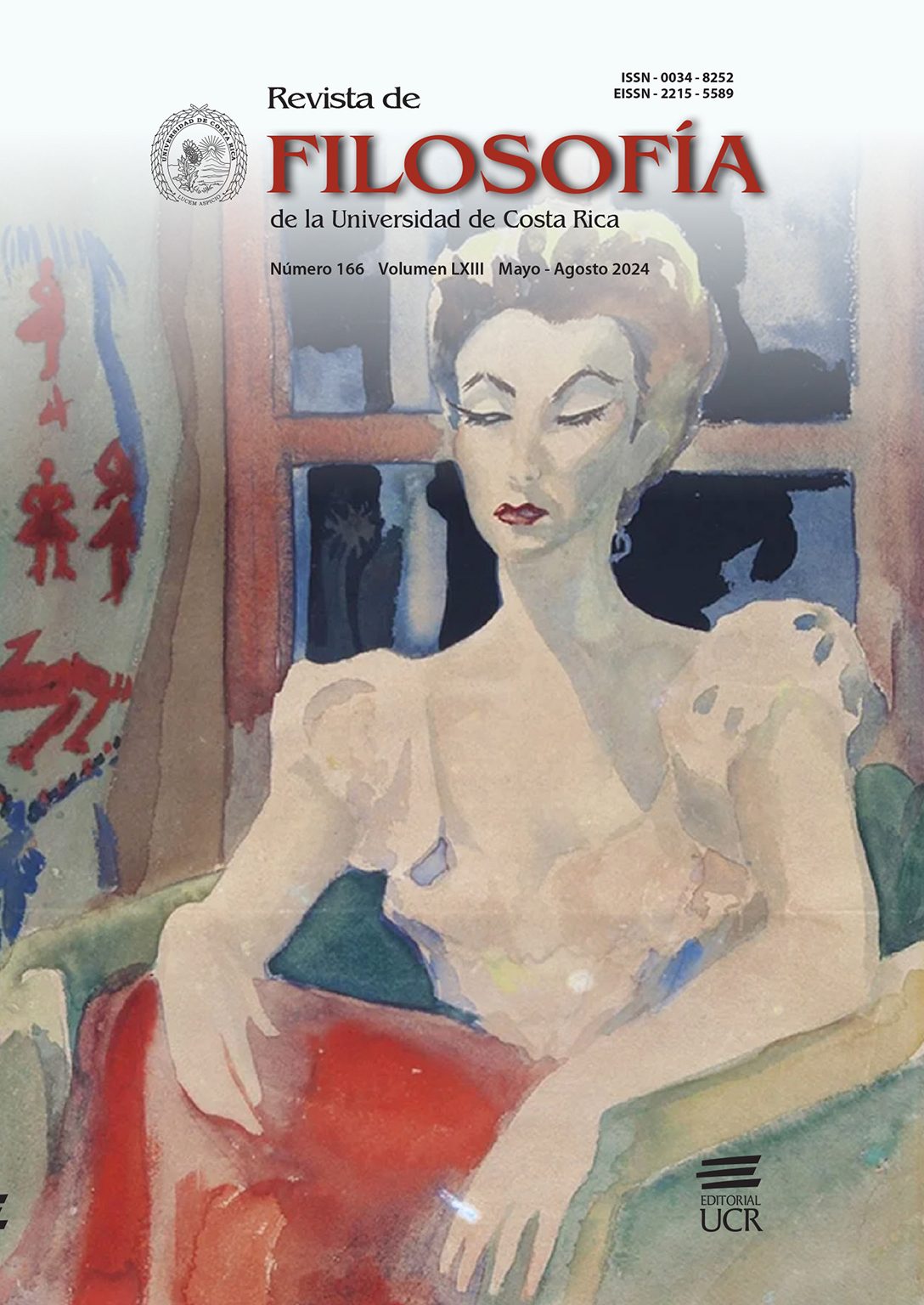Abstract
This article looks at the changes
in the concepts used to write about emotions
in Urdu between 1870 and 1920. It argues
that while emotions at the beginning of the
period were still thought of as premised upon
notions of equilibrium and balance, which
accorded a crucial role to the will and to
rationality, fifty years later concepts celebrated
the elementary power of emotions and their
capacity to overwhelm the individual. This can
be read as an indicator and factor of a profound
emotionalization of private as well as public life.
The first section looks at ethical and pedagogical
texts, the second at articles published in journals
linked to the reformist Mohammedan Anglo-
Oriental College at Aligarh, and the final section
at the reconfiguration of emotion knowledge
through the translation and adaptation of
psychological treatises.
##plugins.facebook.comentarios##

This work is licensed under a Creative Commons Attribution-NonCommercial-NoDerivatives 3.0 Unported License.
Copyright (c) 2024 Revista de Filosofía de la Universidad de Costa Rica

